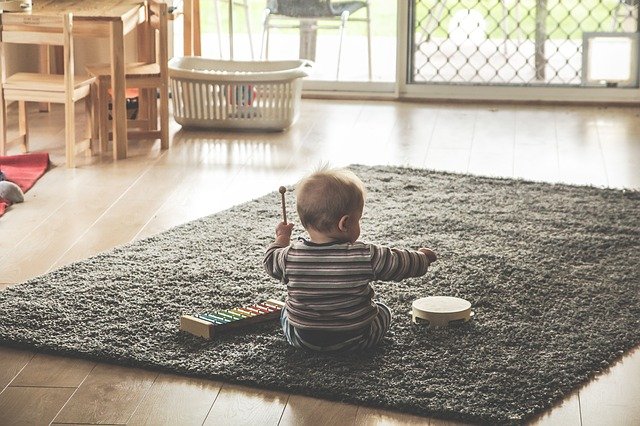Curiosity and imagination are natural tenets of children’s behavior. And more than often, they will express an interest in learning to play music. If your child wants to learn music, it is time to think about a musical instrument. Science has proven a sort of relationship between music and a child’s psychological, physical, and academic development.
However, many parents and guardians find the process of picking an instrument for a child quite overwhelming. Children have varied tastes that can change at an instance, and you want to ensure you get it right the first time. If you happen to be facing the same dilemma, here are a few tips to help you along the way. With a bit of help, you will make the right decision for your little one.
1. Age
How developed are your child’s mental and coordination skills? A child above the age of four typically has a well-formed cognitive ability to grasp the fundamentals of instruments like guitars. Guitar chords for beginners are easy to learn without much hassle for younger players.
2. Body Type
The form and size of your child help determine the best instrument for your child. Are they short or tall? What about their arms and fingers? Some musical devices work well for children of a specific size. For instance, a bassoon is almost six feet in height, meaning it is an unrealistic pick for your kid. Therefore, opt for age-appropriate musical instruments or those that have minuscule kiddie versions.
3. Personality And Interest
Numerous things influence children’s interests. One day they will be interested in playing the guitar and a few weeks later decide that they prefer piano instead. If you can afford to buy multiple instruments and pay for several classes, try to support your child’s interests as much as possible. You never know. Your child might be musically active, and you may be looking at the next Jimi Hendrix.
The child’s personality also plays a vital role. Are they shy and introverted? Or are they outgoing and the life of the party? An extroverted personality will take well to a lead instrument like pianos and guitars. All in all, listen to your child and pay heed to their interests as well.
4. Cost
How much are you willing to spend on the instrument and music lessons? Plus, there are maintenance and repair costs. Guitar strings need replacing, and pianos need regular tuning. And budget for professional guidance, especially for the theoretical portion of music. But if your budget is limited, instruments such as guitars can be self-taught. Chords can be learned online, which is cheaper than a private music teacher.
Final Take
Sometimes the child already has an idea of the instrument they would like to learn, but you still have to consider these factors before purchasing. It is undoubtedly an impracticality buying a five-year-old a tuba. It would be best to explain the logic to them and convince them to try something more suitable. All in all, there are numerous options to help develop your little one into a music maestro.




